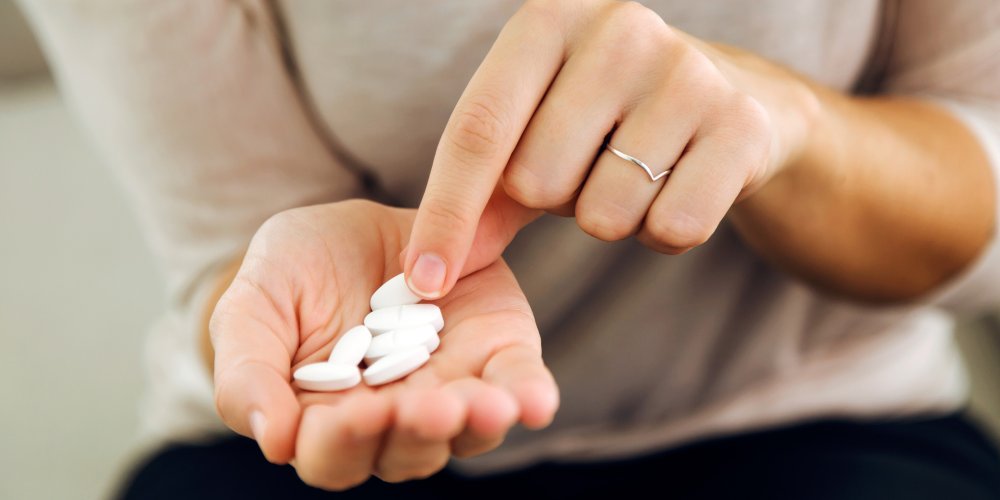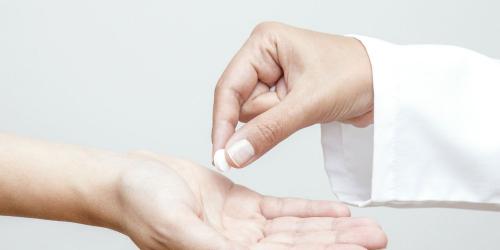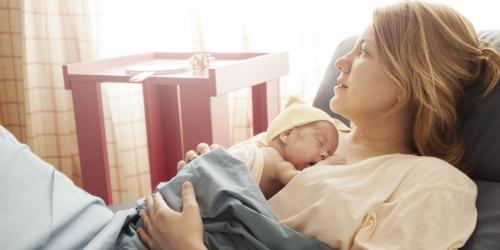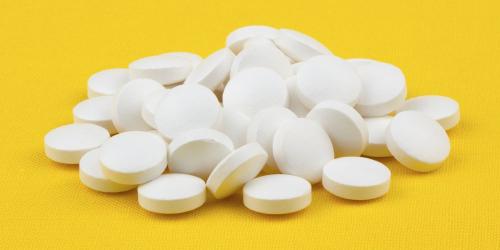The National Agency for Drug Safety (ANSM) announced this Tuesday, June 12, the ban on consumption of Depakine during pregnancy and prescribing to women of childbearing age, except in cases of exceptional need. Depakine, produced by the Sanofi laboratory and composed of Depakote and Depamide, is responsible for thousands of birth defects. It is used to reduce bipolar disorder and seizures.
In February 2018, the European Commission said in a statement that this restriction on sodium valproate drugs would be applied by the end of June. In July 2017, the ANSM had already contraindicated the drug in the case of treatment of manic episodes of bipolar disorder in pregnant and fertile women.
A warning written on the valporate drug boxes
"The final decision of the European Commission confirms this contraindication and risk reduction measures already implemented by the ANSM and requires the implementation of additional measures," noted the ANSM in its statement. Thus, the valproate will be banned for pregnant women, and should no longer be prescribed "to girls, adolescents and women of childbearing age (except in exceptional circumstances)".
The mention "valproate pregnancy = forbidden" written on the new boxes and blisters will be extended to other valproate-based specialties. Marketing Authorizations (MAs) for valproate-based medicinal products will be modified before the end of June in France. The packaging of the medicines will now bear the "forbidden" pictogram.
La Dépakine responsible for more than 2000 malformations
In France, valproate was tolerated for the first time in 1967. It is still prescribed for many patients with epilepsy, also in generic versions. Between 1967 and 2016, it is estimated that between 2150 and 4100 children who have been exposed to valproate in utero have developed major congenital malformations, according to a study of health authorities published in 2017.
It is considered that 10% of fetuses whose mothers consumed Depakine during pregnancy, are at risk of developing physical malformations, four times more than normal, and 30 to 40% of neurological malformations resulting from autistic disorders. intellectual and coordination delays.
Last April, the United Kingdom also banned the valporate for fertile women.



